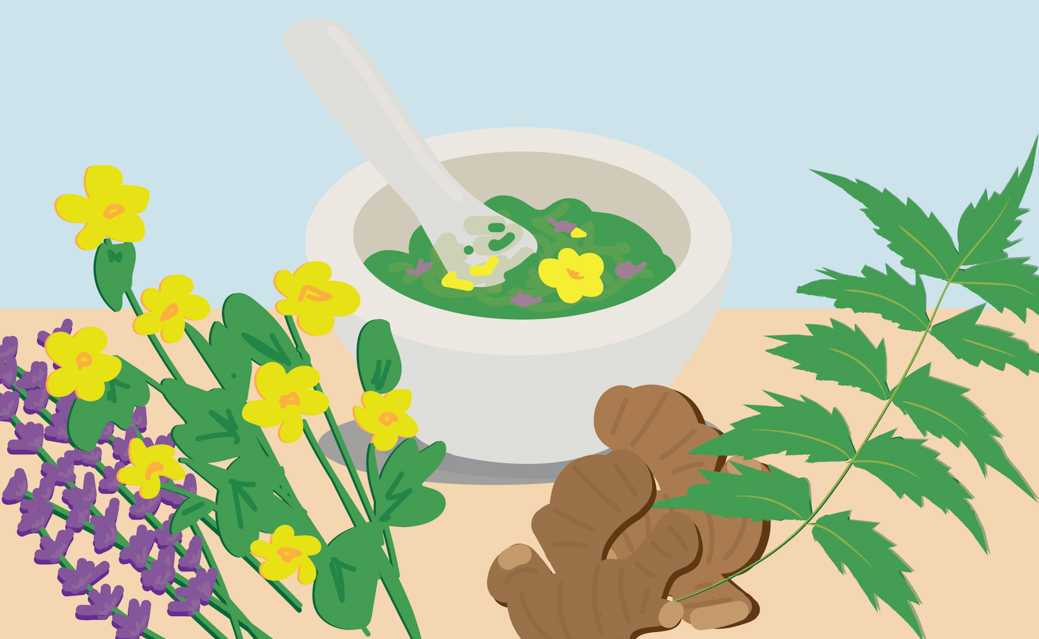How natural supplements helped a UTM student get healthy
UTM alumna Anjalli Becharbhai discusses her experience with natural supplements.
Natural medicine, according to WebMD, is “a system that uses natural remedies to help the body heal itself.” In an interview with The Medium, UTM political science graduate Anjalli Becharbhai discusses her journey with natural medicine and supplements.
Becharbhai has always preferred natural remedies to prescription pills, “I was fully supportive of natural medicine because I’m not someone who really likes taking pills as a band-aid solution for health problems or situations,” she explains. She preferred to avoid the side effects often associated with prescription medications.
During her upper years at UTM, Becharbhai spent a lot of time attending seminars, reading research papers, and preparing graduate school applications. She began to notice the effects of this heavily academic lifestyle on her mind and body. “I was just so used to living a sedentary lifestyle for the later years of my studies,” says Becharbhai. “But it kind of caught up to me.” She found that she lacked energy and suffered low moods as a result.
Noting these effects on her body, she decided to get some bloodwork done. “I noticed that my vitamin D levels were low,” she says. She began supplementing her diet with Natural Factors Vitamin D3 Drops.
Following this, Becharbhai found that natural Vitamin D supplements positively impacted her. “I noticed my mood was happier. I had way more energy.” She felt better, was able to take on greater tasks within the day and could workout more often.
Now, Becharbhai takes a 1000 IU supplement every other day to maintain her Vitamin D levels.
Becharbhai encourages students to pay attention to their health and check-in with a professional if something seems off. “If you’re ever feeling down or low energy, I really recommend getting bloodwork done and not neglecting your health when you’re in school.”
Becharbhai isn’t the only one who prefers alternative medicine to mainstream medicine. Despite limited research on the practice, in 2016, over three-quarters of Canadians said they used some form of alternative medicine for treatment. This cost $8.8 billion in 2016—out of pocket.
These individuals vary in gender, age, ethnicity, and education levels, and they try alternative medicine for a variety of reasons. Some believe it is helpful when combined with conventional medicine. Others find conventional medicine too expensive. Some people even had medical professionals recommend using alternative practices alongside their treatments.
Natural and alternative medicinal practices go back centuries, from Indigenous communities to China to Africa. But when using an alternative practice alongside a mainstream one, always make sure to tell your doctor about it. This can help you stay clear of harmful treatments, misleading claims, shady business practices—natural does not always mean safe—and recognize potential side effects of treatments. Still, alternative practices are a viable option for students that feel a little lacklustre and unhealthy during the year.

